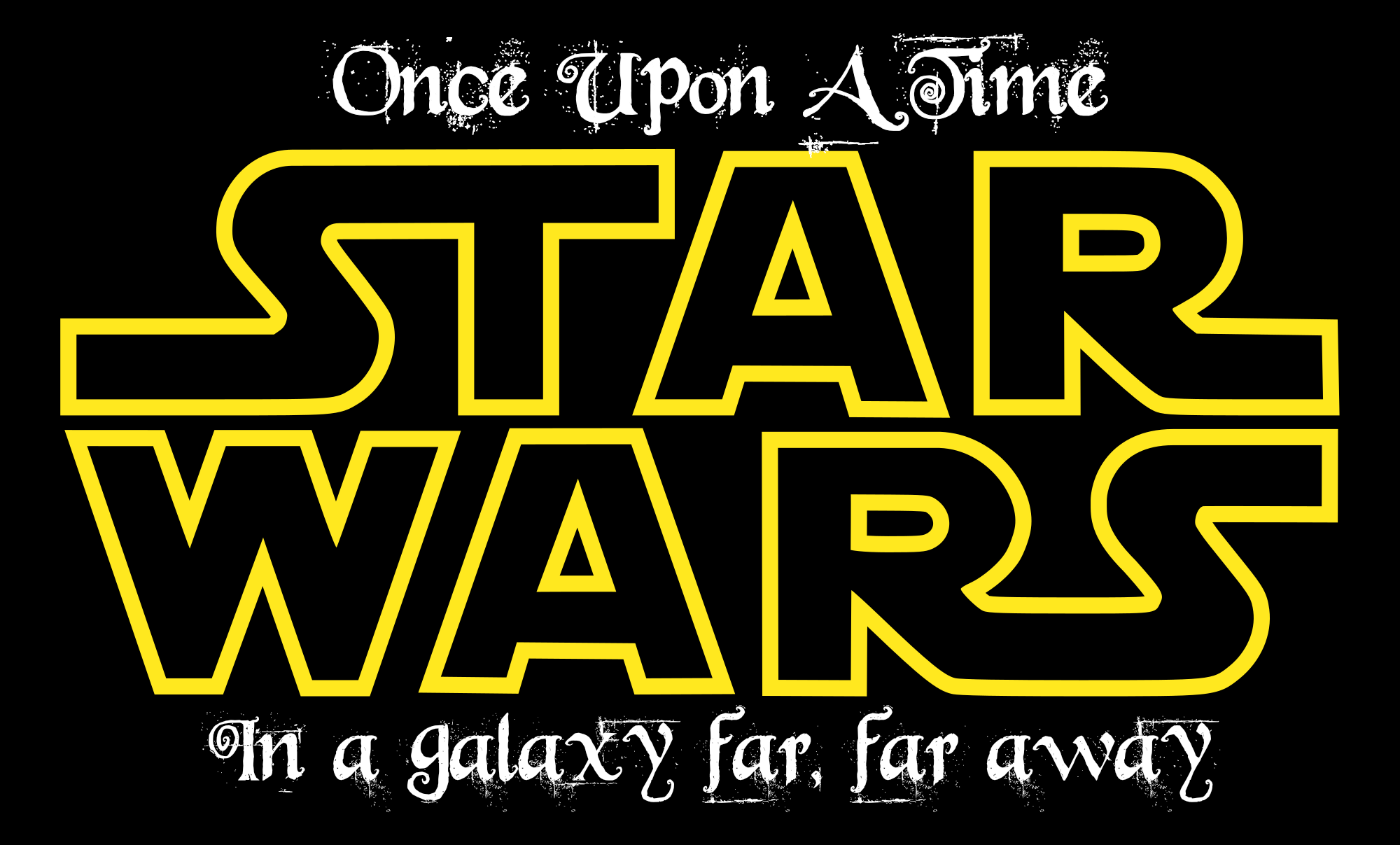Star Wars is a Faerie Tale

Whether they bear the hard-lined insignia of the Galactic Empire or the fly the bright colours of the Rebel Alliance, these fans are likely to agree about one thing—they’re Star Wars people, and not at all like those other Sci-Fi fans. The Millennium Falcon beats The Enterprise. Every single time.
Fans of Star Wars are completely right on this, but not because Star Trek is somehow inferior; I agree because Star Wars isn’t Science Fiction. Star Wars is a fairy tale.
Wait—hyperdrives, lasers, and highly intelligent droids aren’t what’s normally found in a fairy tale, but then princesses, wizened mentors, and swashbuckling rogues aren’t usually found in sci-fi either. Despite this incongruity, all these aspects of the Star Warsuniverse coexist together easily. Genres are tricky things with blurry lines, yet Star Wars’ heart belongs to the fairy tale tradition even if its drama—and trauma—takes place across the stars.
Most Science-Fiction speculates upon a particular future and is often framed by a what-if question. What if people could travel through time; how would that work? What if humans could build robots intelligent enough to challenge our ascendancy? Sci-fi then works out those questions, considering both the promises and the dangers, but even though Sci-fi isn’t always hopeless it’s certainly bleak.
Instead of a particular supposal, Star Wars begins with a reformulation of the classic introduction: “Once upon a time.” A long time ago, in a galaxy far, far away is where the Force holds sway and heroic rebels defy a galactic empire. The Star Wars’ galaxy is an otherworld that speaks to our own in the same way as King Arthur’s Britain and the faerie lands of George MacDonald. This little detail makes Star Wars timeless instead of time-bound, allowing it to be endlessly reinvented.

The time and place of the Star Wars story aren’t the only reasons the franchise endures, yet remains so malleable. Star Wars actually transcends time and space because, like fairy tales, it’s all about the drama and trauma of its characters. Luke Skywalker is in the painful position of believing he’s an orphan, and eventually discovers—to his horror— that the man he believed to be his father’s murderer is actually his father. What’s worse is how a painful absence is replaced by an equally painful invitation. With every viewing I find I’m unable to decide who’s more deserving of pity: Luke or Vader. No one is a stranger to strained or even broken relationships, and with relational trauma at its centre, Star Wars offers lessons about how to live in light of what is, not what may be in the future.
The story of the Skywalkers evokes a slippery mixture of loss and longing, one which is difficult to articulate but easy to identify with. A similarly poignant longing, and its preceding trauma, is present in Beauty and the Beast.
The beast lives in a tortured silence which is not unlike Darth Vader’s isolation; neither is what they once were and each lives a half-life. Vader is the emperor’s weapon, more machine than man, and the beast hides in angry shame. Both villains live with longing though, and so Vader disobeys orders and spares Luke’s life while the beast risks his life to save Belle from ravenous wolves. The stories of the original Star Wars trilogy and Beauty and the Beast end in reconciliation. At the heart of both stories is a tale of redemption, about how the unlovely can be loved better—loved into something lovely.

I’ve never met a sci-fi universe I’d like to live in. This doesn’t mean they have nothing to offer, but I know where I’d rather be. Given the choice, I would sooner set out for a lifetime of adventure from Camelot, the Shire, or a trading post on Tatooine than exist in the universes imagined in The Time Machine, Interstellar, or Ender’s Game. Not out of a desire for a safe and comfortable life, since even the idyllic Shire isn’t immune to suffering, but out of my need for purpose and agency. Faerie fantasies drop their characters into various flavours of the unbelievable, yet I always find their journey, and the attendant struggle, wholly believable.
The Star Wars galaxy is the interplanetary version of faerieland; a place of hopeful danger, cosmic in scope while remaining intensely personal. It’s about saving countless worlds, yes, but even more it’s about saving a single soul. Star Wars is at its truest when I’m that lonely not-yet-a-hero longing for what’s beyond the binary sunset, a desire common across time and space, though it can feel galaxies away from the happily ever after tugging on my heart.